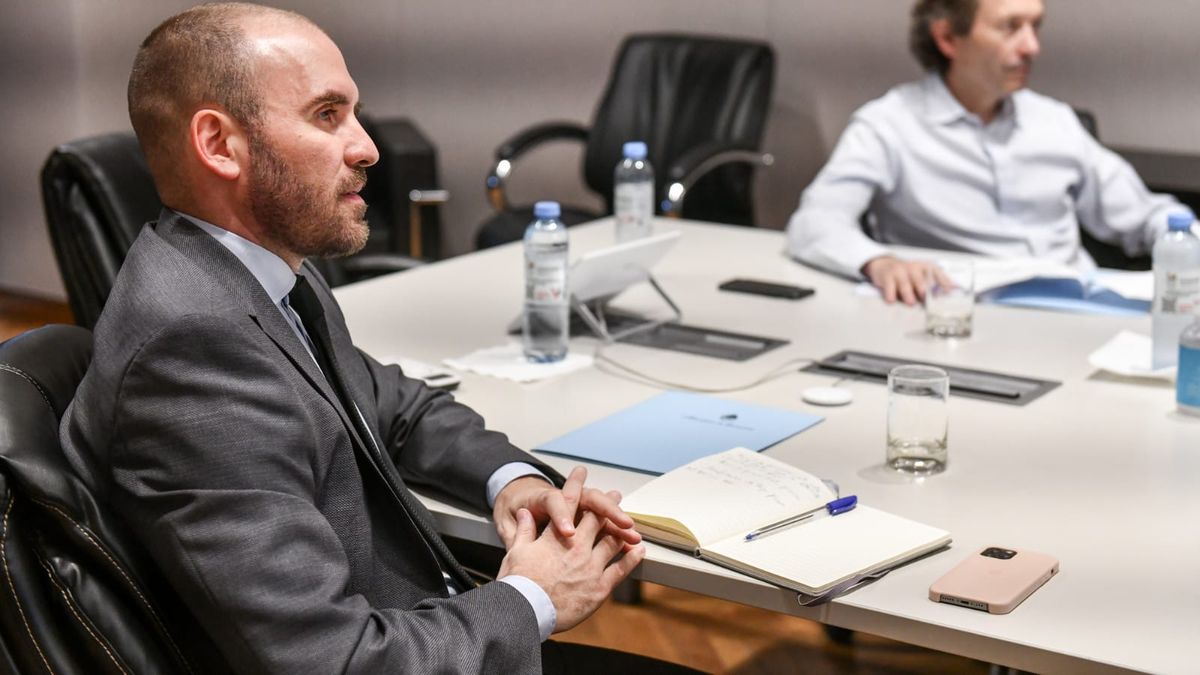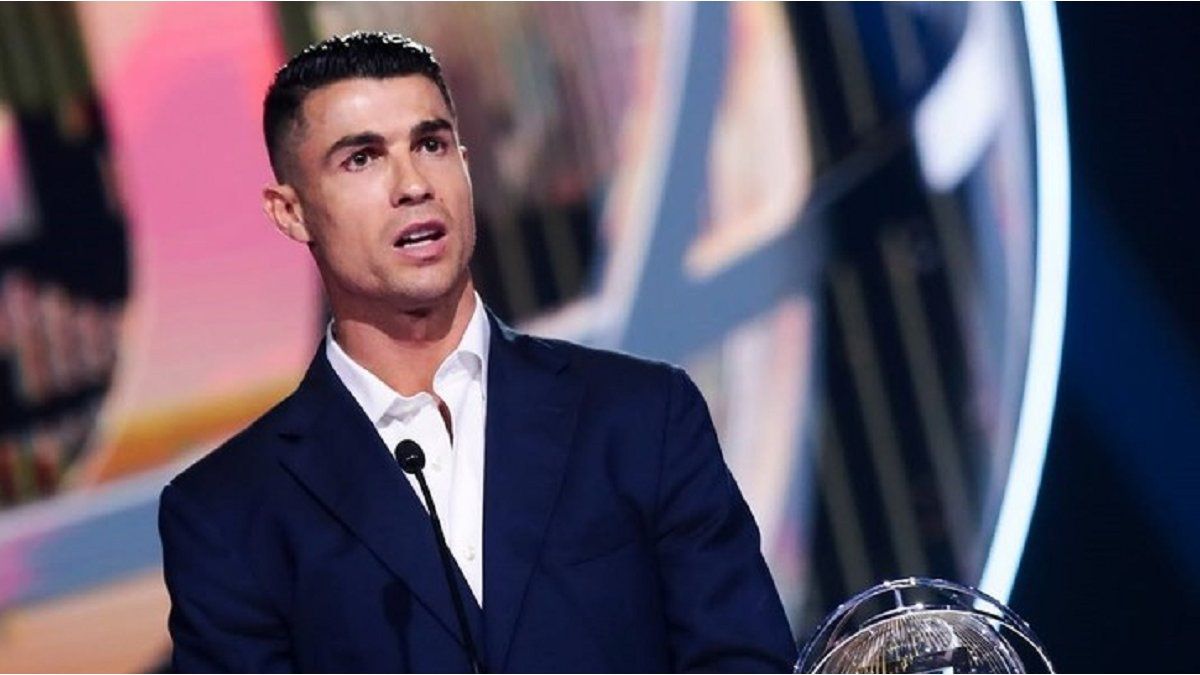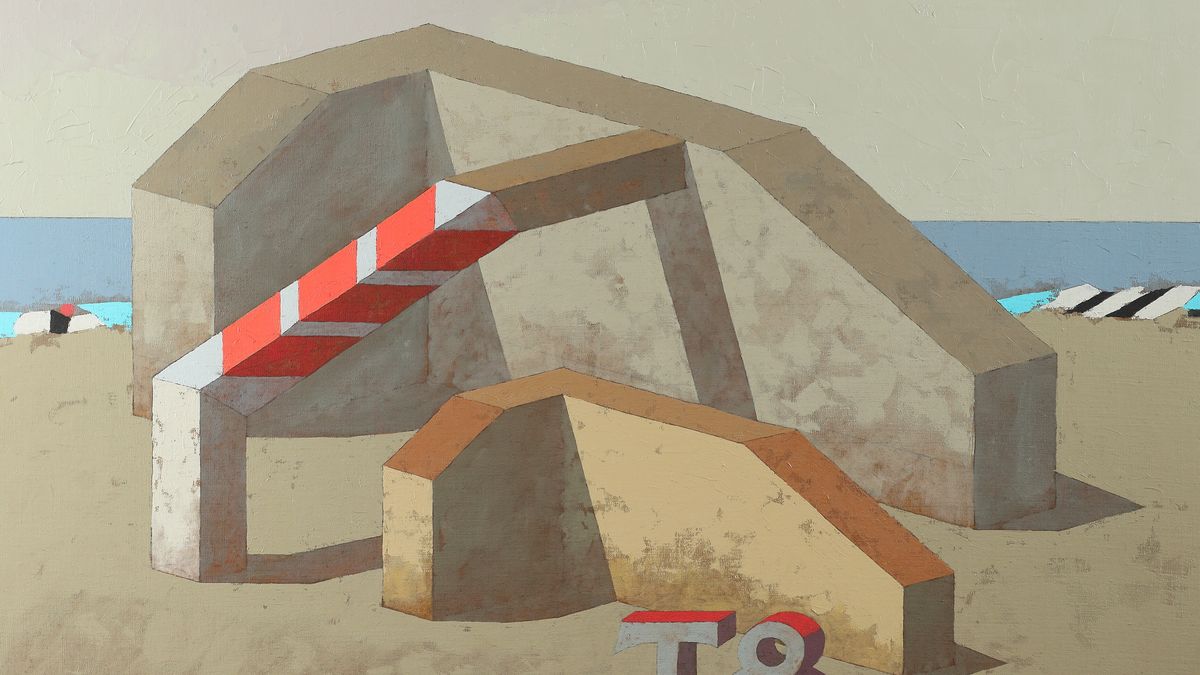This became clear last Friday when Martín Guzmán met in Washington with the director of operations of the WB, Axel Van Trotsenburg, in this case accompanied by the secretary of Strategic Affairs, Gustavo Béliz, a connoisseur of the springs of the bank and of power. of Van Trotsenburg within the entity.
The meeting was at the IMF headquarters in the US capital, within the framework of the joint Spring meeting of the Fund and the World Bank; meeting in which Argentina and its complicated Extended Facilities was a topic of discussion in many moments of the event. And not only in meetings in which the participant was Argentina. The national case was a point of constant and meticulous debate, as it is the case of a more important and dangerous debtor in the history of the organization. In other words, few seriously believe that Argentina is going to comply with the agreement and the discussion is how quickly in the 12 years of validity it will be called to renegotiate.
At this point, the meeting with Van Trotsburg becomes important, a man known for speaking without further ado, toughness, but absolute sincerity. The message was that as long as Argentina stays in tune with the IMF, even renegotiating goals and the occasional waiver, the World Bank will finance projects in Argentina. If the country takes alternatives outside the IMF statute, it should also forget about the World Bank and its financing lines.
Van Trotsburg was speaking on behalf of himself and the head of the World Bank, David Malpass, an American who has a mandate until April 2024 and came to office after being one of the organizers (and sponsor) of the presidential campaign that led Donald Trump to the presidency, to then be undersecretary of the Treasury of the United States between 2017 and 2019. From that position, he was in charge of representing his country at the G20 summits and of maintaining relations with international financial organizations. From that platform he was very critical, contributing a high ideological content. He considered the organizations as “intrusive” and “entrenched”, attacked Chinese bilateral credits and opined that the “multilateralism” of this type of institution has “gone too far”.
The main recent project that the World Bank has with the country has to do directly with the Extended Facilities signed with the IMF. The Argentine Government and the Fund agreed to the participation of the World Bank to finance an urgent study that determines the best way to advance in a more efficient segmentation of tariffs.
The bank is willing to grant the funds so that the government of Alberto Fernández advances in the study, analysis and subsequent application of a new scheme that determines how to apply an elimination, reduction or maintenance of subsidies to electricity rates and of gas throughout the country. As the idea is that this project advances urgently, the intention of the parties is that the scheme financed by the World Bank be applied in the next financial year. The two parties seek to agree on a reduction in the annual amount applied to subsidies for public service rates, with a scheme that respects the idea of the local ruling party not to move forward with a rate increase (neither this year nor next), but recognizing the problem of the amount of the subsidies to be able to comply with the fiscal guidelines.
Source: Ambito
David William is a talented author who has made a name for himself in the world of writing. He is a professional author who writes on a wide range of topics, from general interest to opinion news. David is currently working as a writer at 24 hours worlds where he brings his unique perspective and in-depth research to his articles, making them both informative and engaging.




